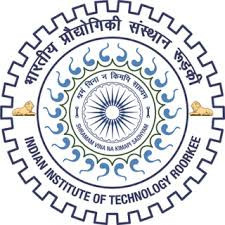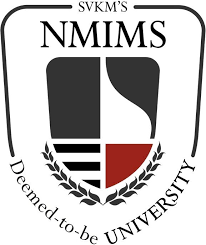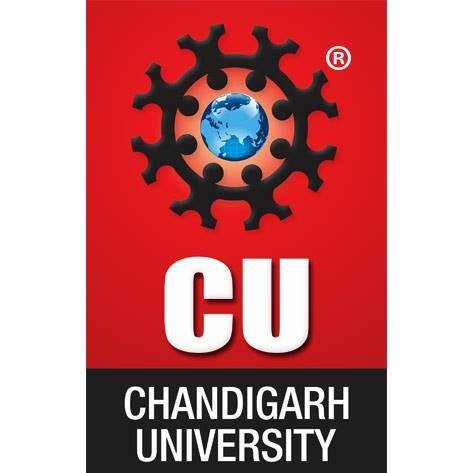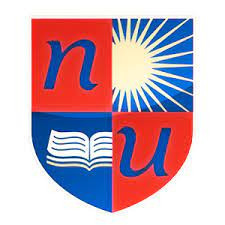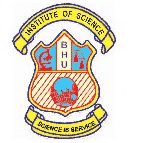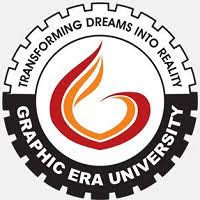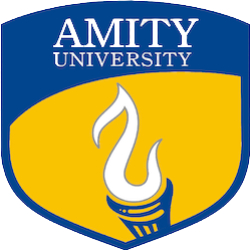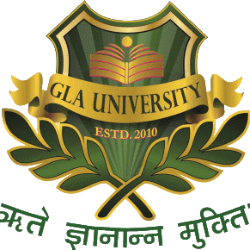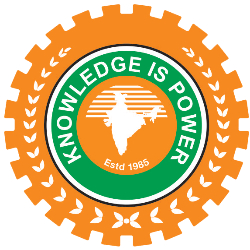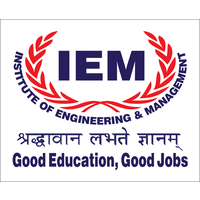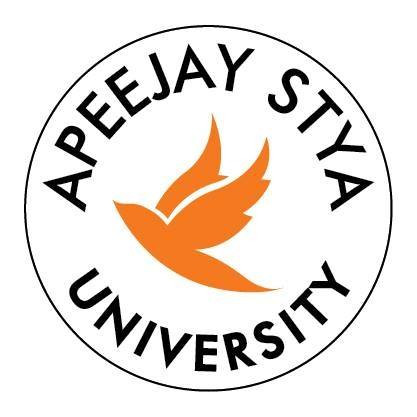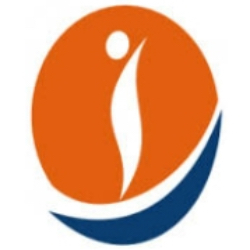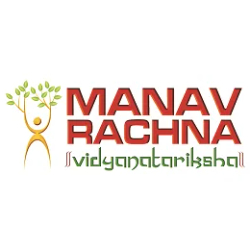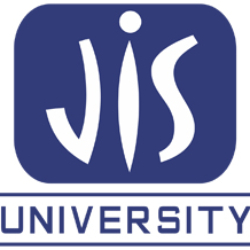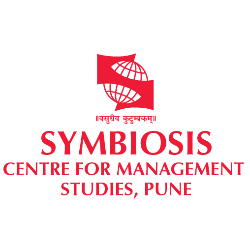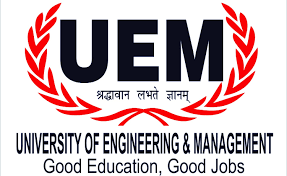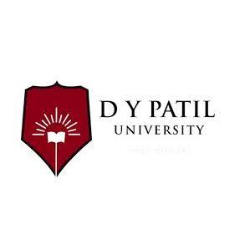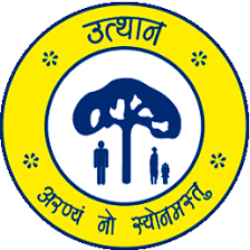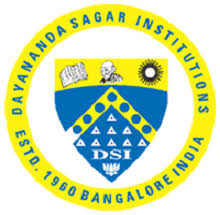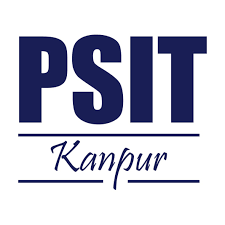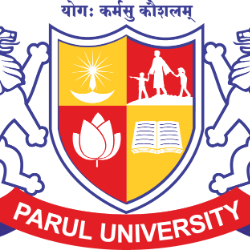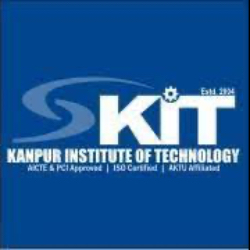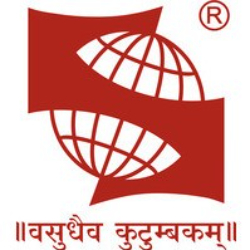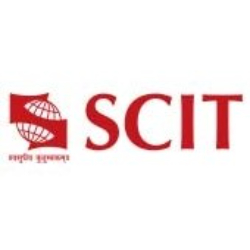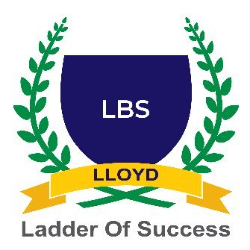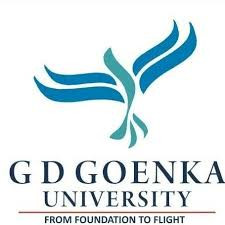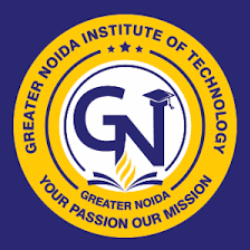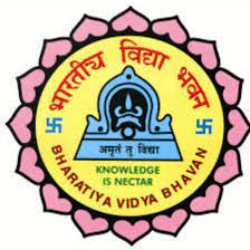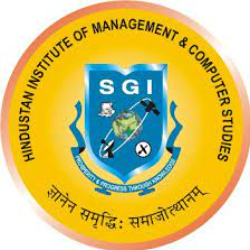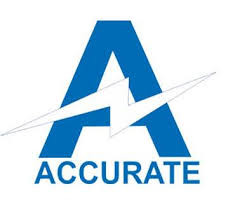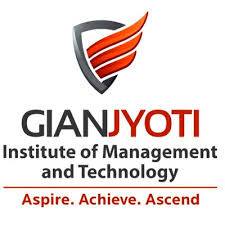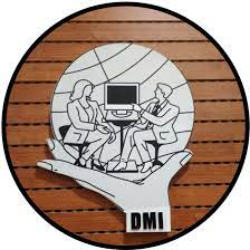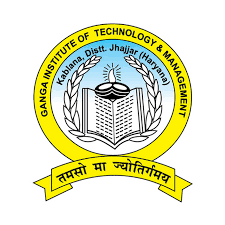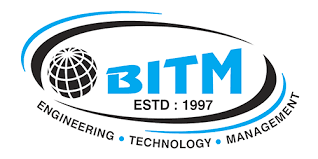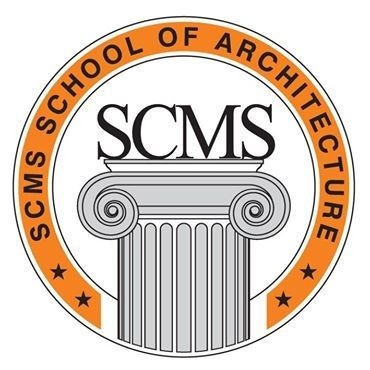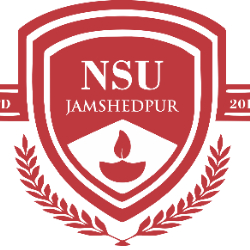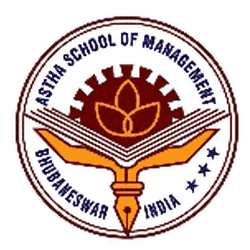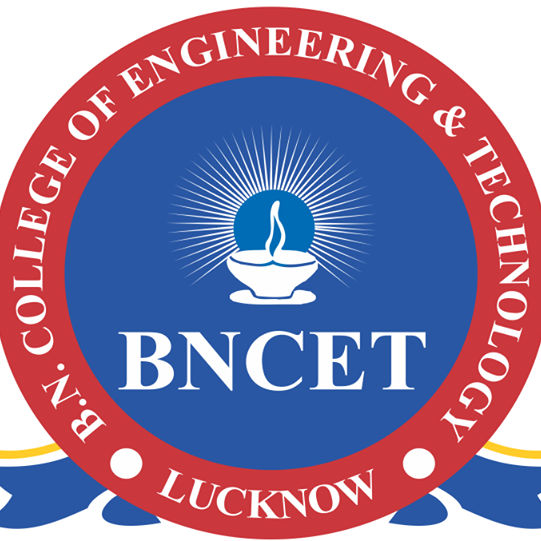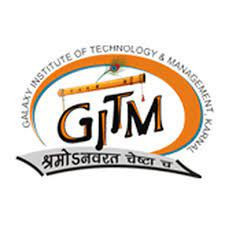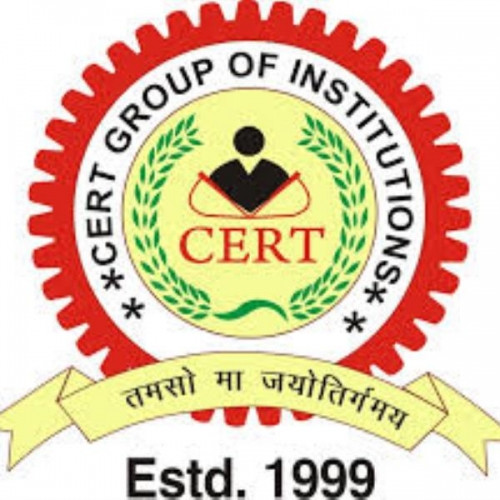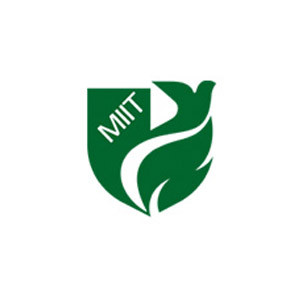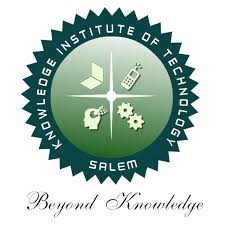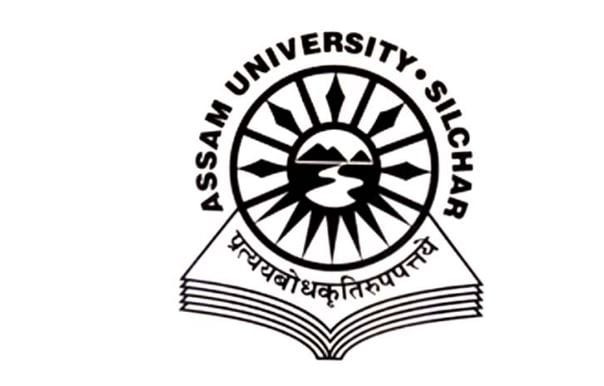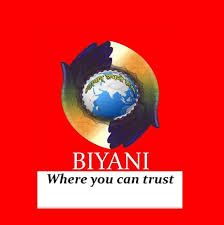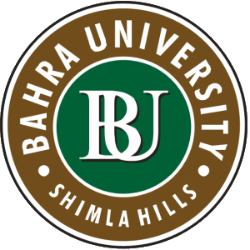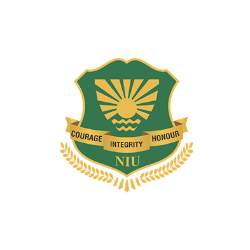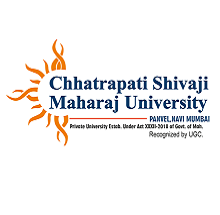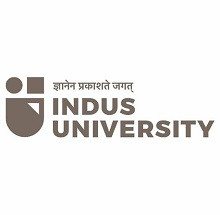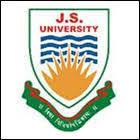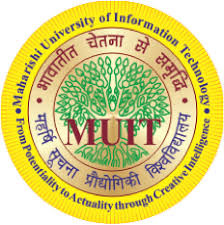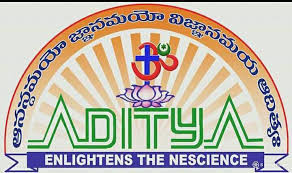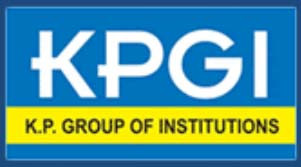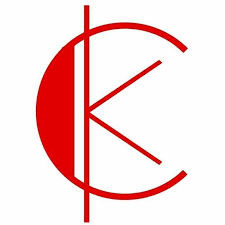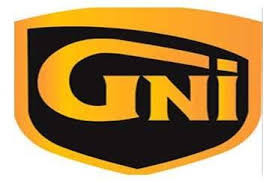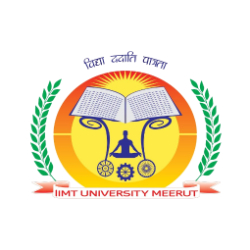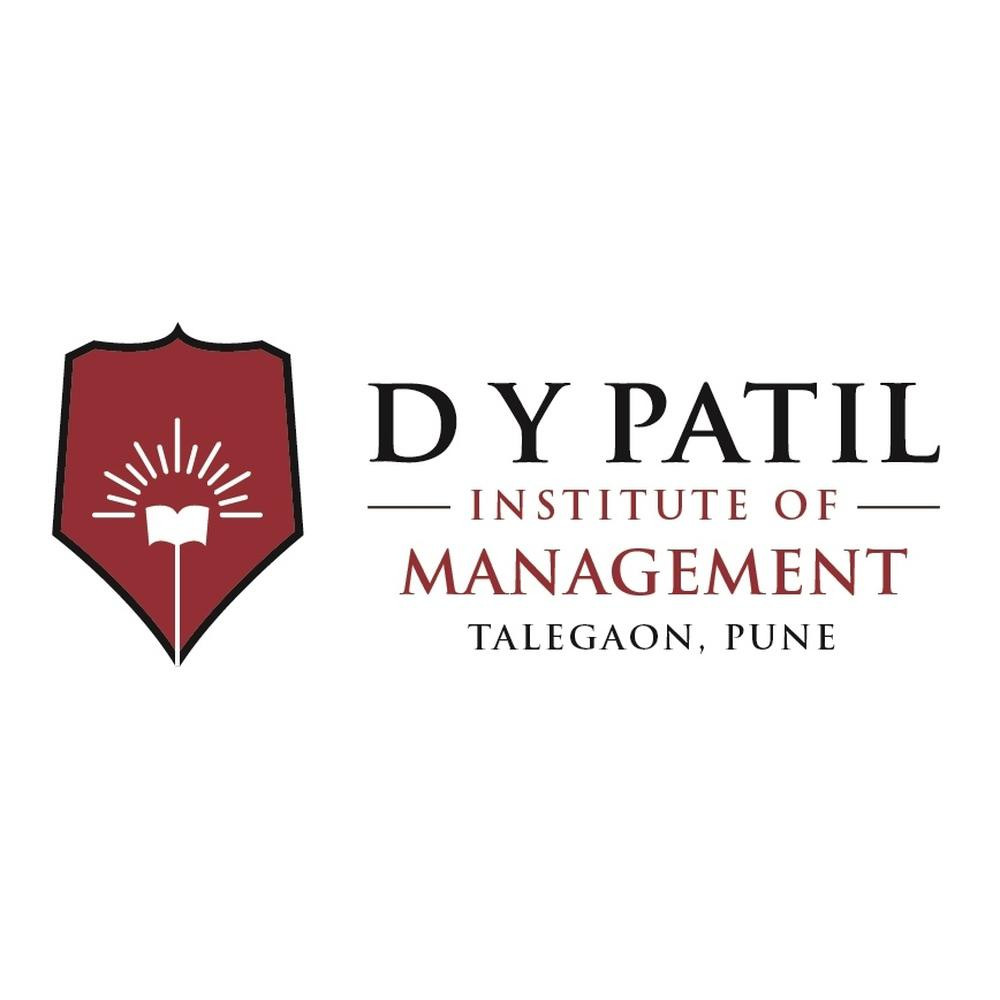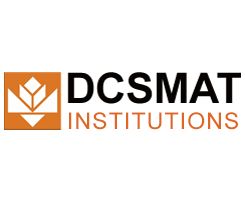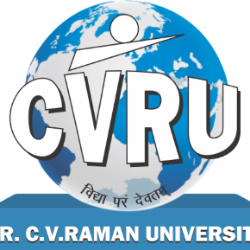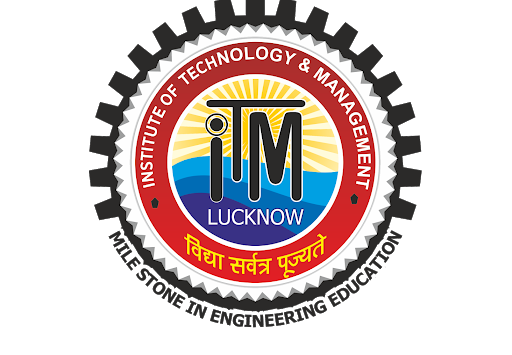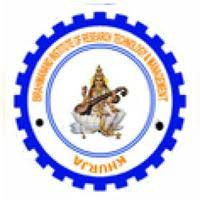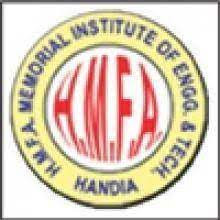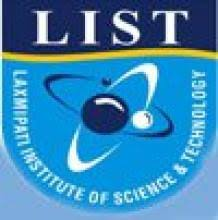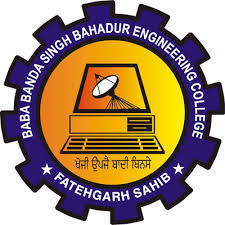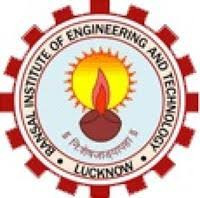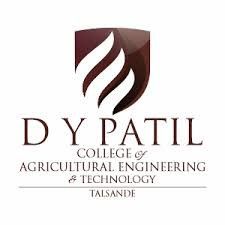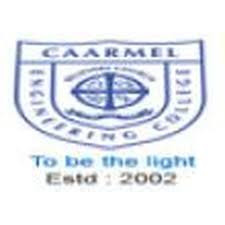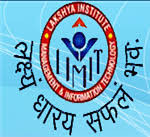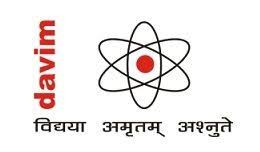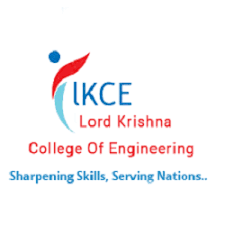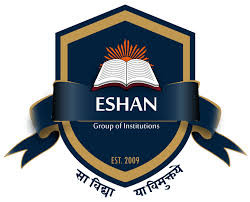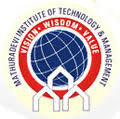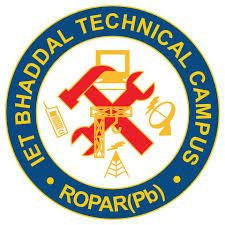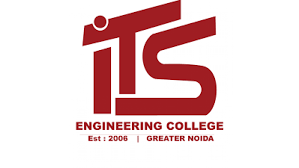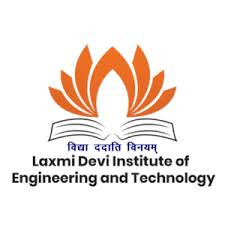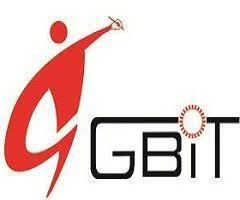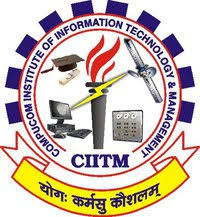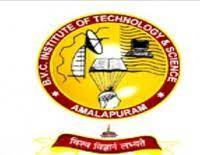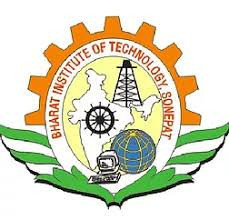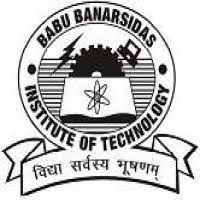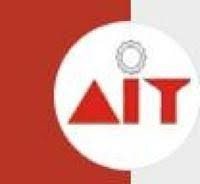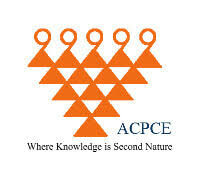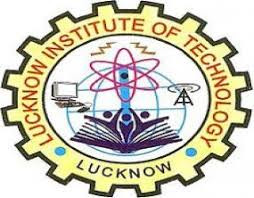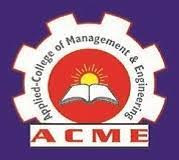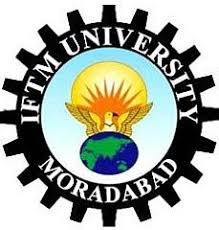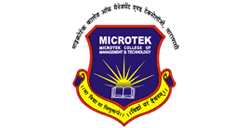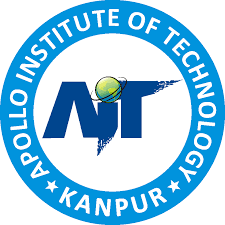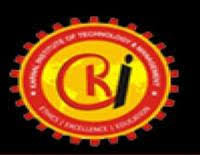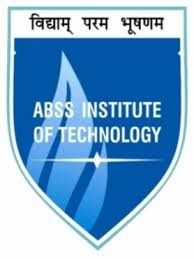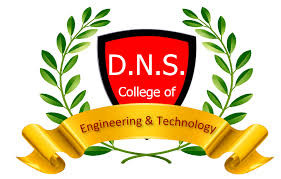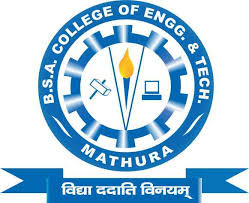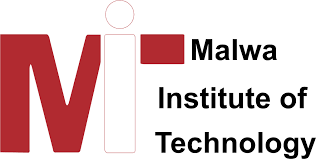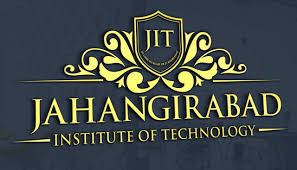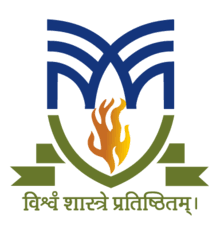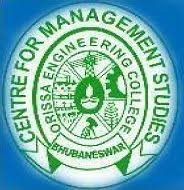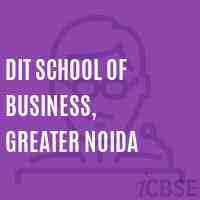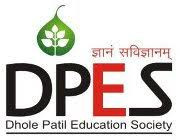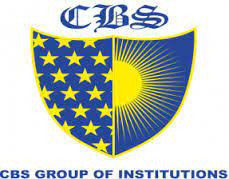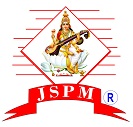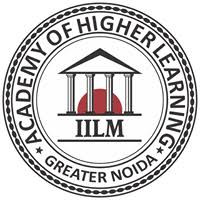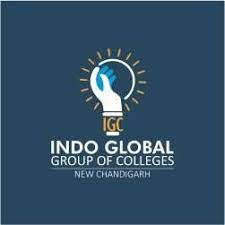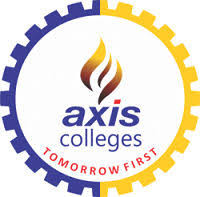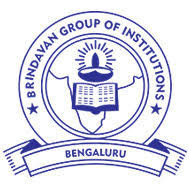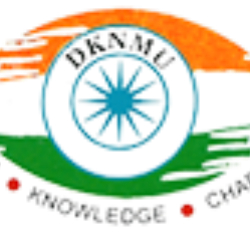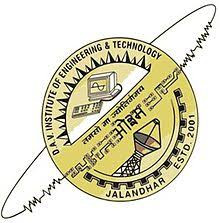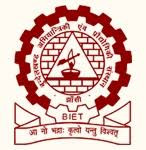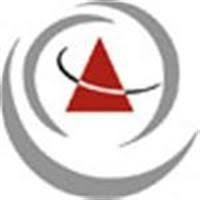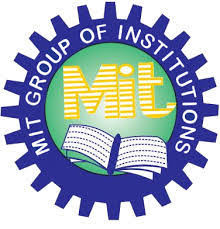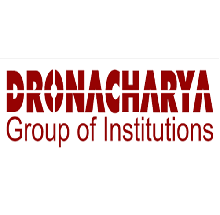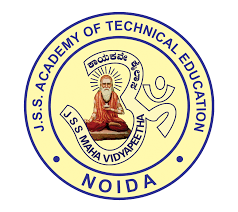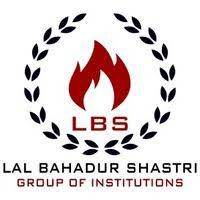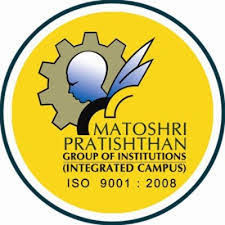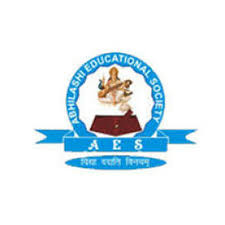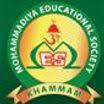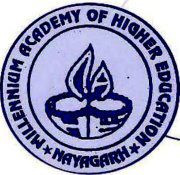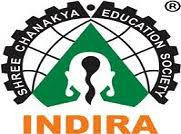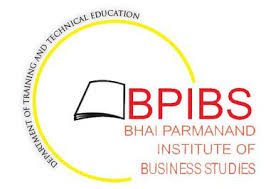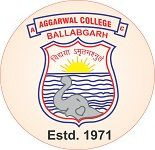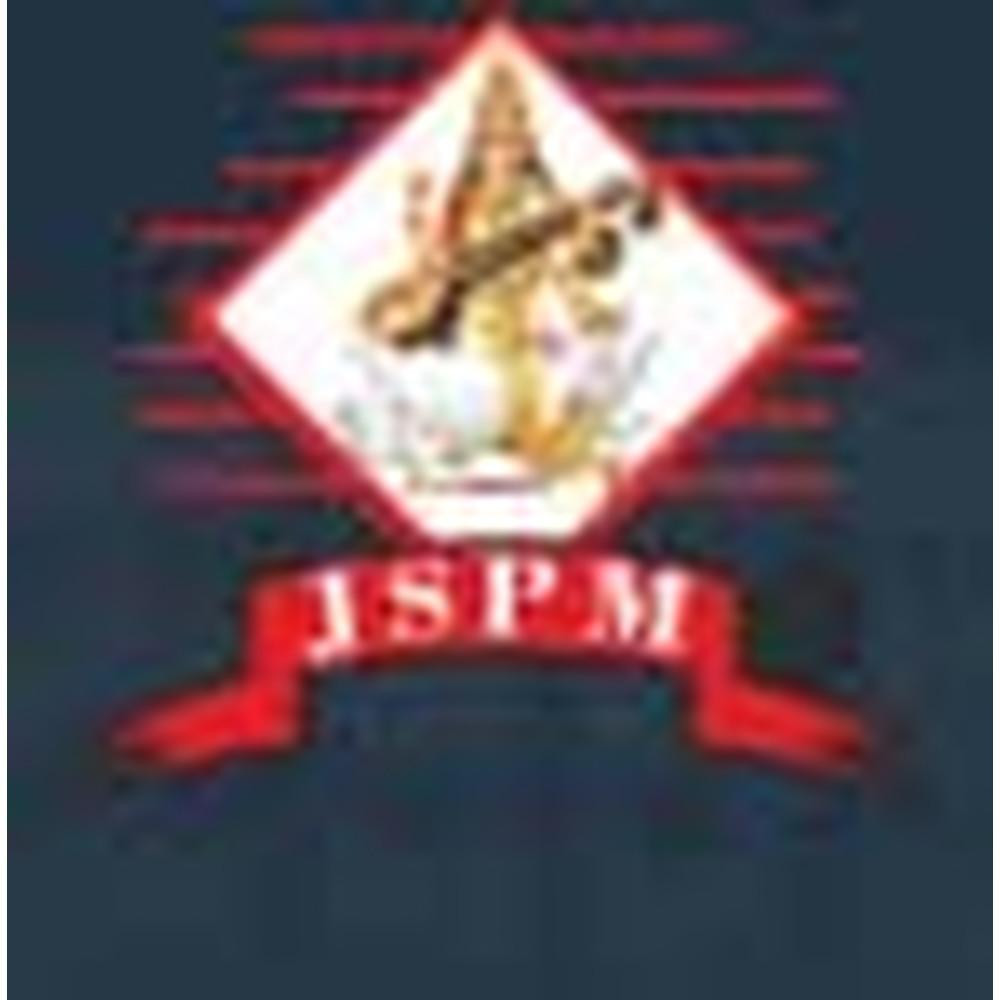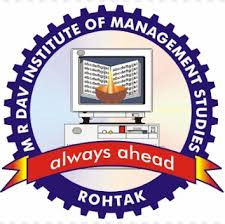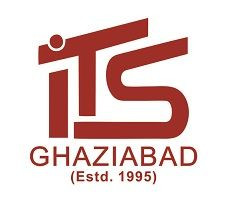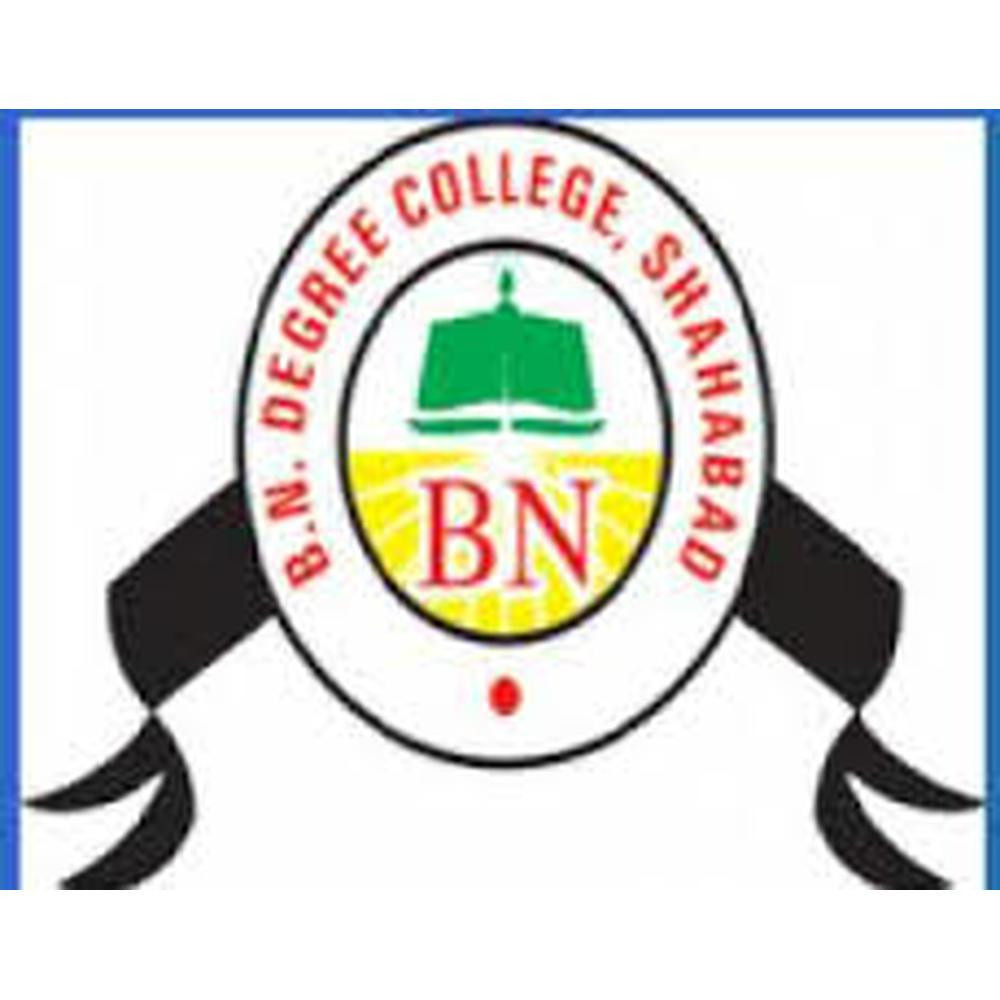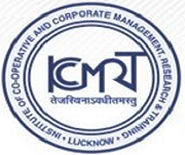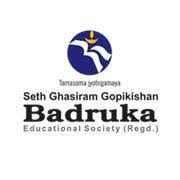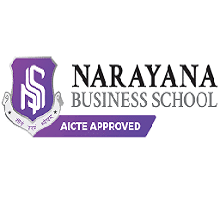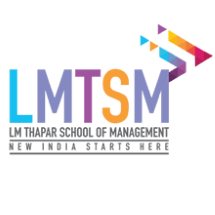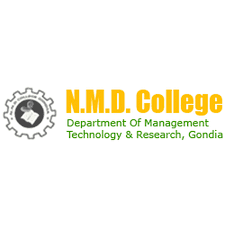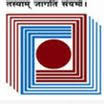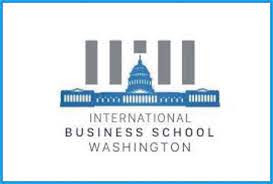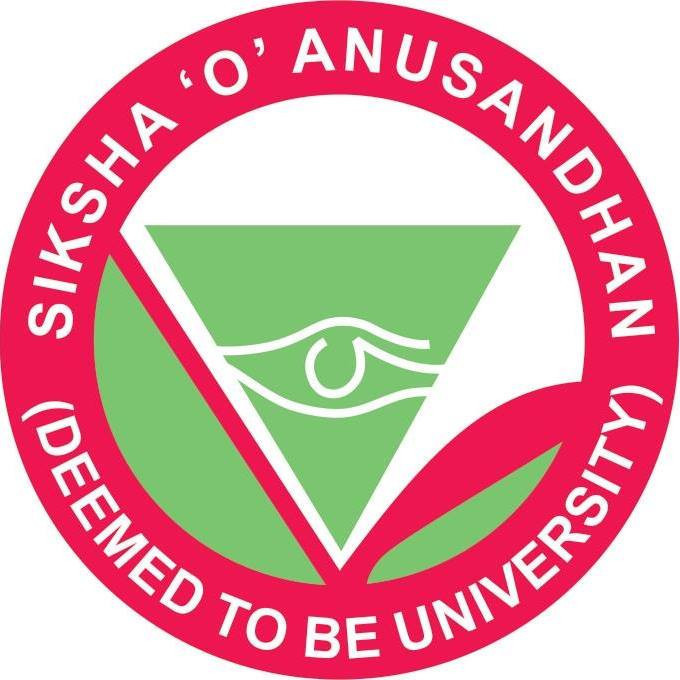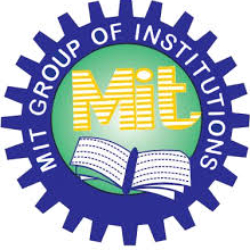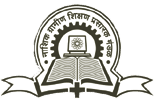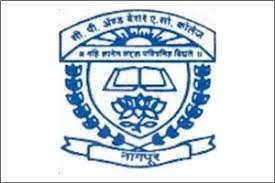MBA Information and Technology Course Highlights: -
|
Degree Name |
Masters of Business Administration |
|
Level |
Postgraduate |
|
Degree Duration |
Two years |
|
Education mode |
Fulltime, Part-time, Distance. |
|
Entrance Exams |
CAT, XAT, GMAT, SNAP, NMAT, CMAT, KMAT, ATMA, MAT, IIFT. |
|
Eligibility Criteria |
Graduation in any discipline |
|
Admission process |
Entrance Exam + Group Discussion + Personal Interview (GD-PI) |
|
Fees of the course |
Rs. 20,400 - Rs. 20.80 Lakhs |
|
Average Salary |
Rs. 5.60 LPA Starting Average |
|
Job profiles |
IT Manager, IT Director, Program Manager (IT), Computer & Information System Manager, Chief Technology Officer |
MBA in IT Eligibility Criteria: -
- The candidate must complete graduation in any stream.
- The candidate must clear the entrance test with the required score.
- There is no upper age limit to do an MBA.
- The candidate in the final year of their Graduation can appear for the entrance exam.
Syllabus of MBA in IT:-
The MBA in I.T. syllabus will vary from college to college, but the course aims and subjects shall remain the same. While pedagogy is the college's decision, the overall course curriculum is standardised for holistic education. Hence, the subject distribution over the syllabus may differ, but the study matter remains consistent. Nevertheless, candidates should check the official website to know the complete syllabus. Here is a general guide to MBA in I.T syllabus design, as commonly followed by Indian colleges:
|
Semester 1 |
Semester 2 |
|
Organisational Behaviour |
Financial Management |
|
Human Resource Management |
Operation Management |
|
Managerial Economics |
Management Science |
|
Information Technology Management |
Marketing Research |
|
Semester 3 |
Semester 4 |
|
System Analysis and Design |
Strategic Management |
|
Business Ethics |
Knowledge Management |
|
Strategic Management of Information Technology |
Database Management Systems |
|
Strategic Analysis |
International Business Environment |
Next step after MBA: -
If a person wants to do further studies in management to improve his/her knowledge and skills than he/she can go for the following courses: -
- ISB Certificate Programme in Business Analytics (CBA): - The ISB Certificate Programme in Business Analytics, or CBA, is also known as the Advanced Management Programme in Business Analytics, or AMPBA. It is a 15-month short-term course after an MBA for mid-career professionals with 2-15 years of experience.
- PhD in Management: - PhD in management is one of the highest academic degrees awarded in the study of management science. It was designed for those seeking academic research and teaching careers as faculty or professors in management at business schools worldwide.
- Executive MBA: - Designed for working professionals at the mid-senior level, the Executive MBA is a shorter program that can add the ‘double MBA’ tag to your resume.
- Doctor of Business Administration: - DBA or Doctor of Business Administration graduates move to become leaders in the industry or the public sector. If you choose this course after your MBA, you will have several career options as a financial analyst, consultant, manager, or director.
- Project Management Professional (PMP): - The Project Management Institute or PMI issues Project Management Professional or PMP certification. It is a non-profit organisation in the area of project management. This certification is ideal if you wish to be a leading Project manager.
- Financial Risk Management (FRM): - This short-term course would be ideal for those who wish to work for investment banks, corporations, or asset management firms.
- Post Graduate Diploma in Computer Applications (PGDCA): - This course after MBA is conducted using programming languages like Java, C, and C Packages. Students also use operating systems like MS Office—Web Design, TALLY, and Oracle-VB for information handling.
- Operations Management: - This branch of Business Administration involves managing operations and analysing success and failure rates. If you take an operations management course after your MBA, you will be responsible for improving the company’s sustainability.
Employment after MBA in IT : -
After completing the MBA in Human Resource a person can apply for the following job profiles:
|
Jobs |
Average salary |
|
IT Manager |
Rs 13.20 – Rs 25.30 LPA |
|
IT Director |
Rs 1.90 – Rs 5.70 CR PA |
|
Program Manager (IT) |
Rs 5.30 – Rs 8.90 LPA |
|
Computer & Information System Manager |
Rs 3.40 – Rs 8.90 LPA |
|
Chief Technology Officer |
Rs 5.60 – Rs 12.30 LPA |
FAQs
- What’s the scope of an MBA in IT in India?
After completing an MBA in IT course, the graduates can find employment as Business Development Manager, IT Consultant, Data Processing Manager, Business Analyst, Project Manager.
- What is the future of MBA in IT?
This field has a relatively great future as this course provides analytical and financial skills. The demand for IT professionals with managerial skills will only increase.
- What will the average cost be to complete an MBA in IT?
A two-year MBA in Information Technology programme at premier institutes in India will cost an average of INR 17,00,000 – 20,00,000.
- What is the average salary offered to an MBA in Information Technology graduate?
The average salary for freshers is Rs 7 LPA—9 LPA, while INR 12 LPA—17 LPA is provided for candidates with five years or more of experience.
- Can I do an MBA in IT after BCOM?
All graduate students from any background can do an MBA if they have 50% in their graduation. Since BCom is a UG course, all students can do an MBA if they have 50% in graduation.
Other specialisations in MBA: -
MBA in H.R Management, MBA in Finance Management, MBA in Healthcare Management, MBA in Operations Management, MBA in Marketing Management, MBA in Business Management, MBA in International Business, MBA in Entrepreneurship Management , MBA in Retail Management.


